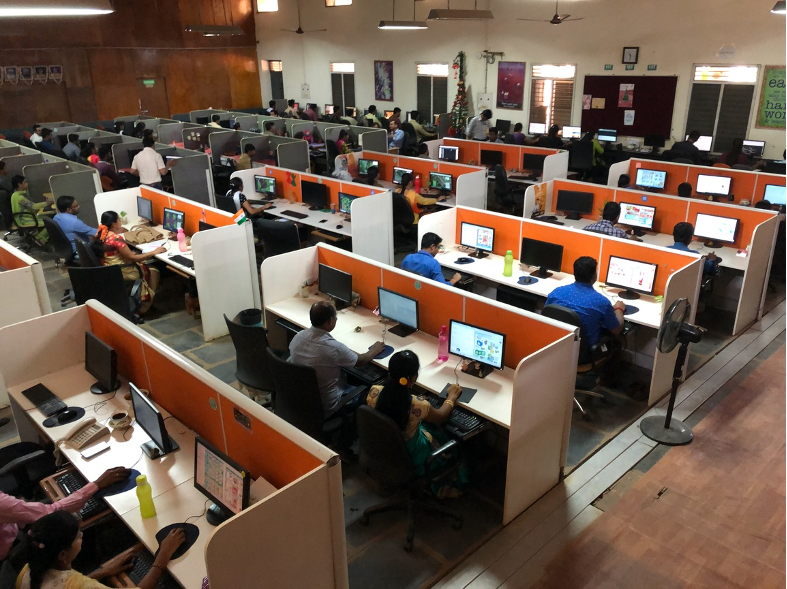This article is the part of our Rural Reset Series, where we have considered forward-looking, long-term solutions to the issues and challenges facing the people of rural India. For the last three months, we have found proposals for innovative solutions in the areas of education, gender, and livelihoods, which are IndiVillage’s focus in the 17 sustainable development goals.

There is no hard and fast rule that says only non-profits should work towards the betterment of rural India. The COVID-19 pandemic has given an opportunity to reset the way business is done and hence cast light upon the importance of having a social impact. There has been an increase incorporates realising their social responsibility through organisations like B Corporation and GISC. In fact, India is the first country in the world to make Corporate Social Responsibility a mandate because the lawmakers believed in the power of corporates to make a difference. Below are the takeaways from the multiple solutions proposed over the past few months that could help organisations to reset and revolutionise rural India post the pandemic.
Education That Creates An Environment For Growth
A major stumbling block in the development of rural India is the shortage of educated members in society. The fundamental reason for this is an infrastructural deficiency. In recent times, we have observed some public-private partnerships proposed and implemented that helps provide for basic necessities. Though this takes care of the fundamental problem, support is still needed to transform the existing education system that seems to be stuck in the stone age. The pandemic has shown us that education systems with the best of technology crumbled with pressure and this might be the eye-opener needed to start introducing more EdTech into our rural system. Each corporate partnering with one school in a village to provide basic infrastructure, the required tech support, and daily nourishment to keep the kids at school would drastically change the face of rural education in India.
Need for Accurate Awareness
The Constitution of India is taught in schools because it is imperative that as citizens of the country, we are aware of the rights that we are entitled to and the rules that bind us. But even the concept of entitlement is prejudiced in most parts of rural India. Social issues such as gender inequality or casteism are stitched into the cultural values. To uproot these and bring about positive changes, awareness is essential. Ranging from camps that talk about market rights to farmers, a call for female leaders in communities, or even one that communicates sensitivity towards censored topics like menstrual health. If entrepreneurs and their respective corporates conducted these awareness camps, it would not just plant a seed of understanding in communities but also give the entrepreneurs a sense of achievement to have impacted and created a pathway for improvement.
Creation of Livelihood Opportunities in Rural India

Like a tsunami hitting the shore, millions of migrant workers have returned to their hometowns owing to the pandemic. This means unemployment and a big list of social problems that arise with the same. While government institutions have schemes like MNREGA, individual initiatives can play a big role in employing these residents. Making urban jobs rurally located, formalizing informal labour to provide a stronger structure of employment, or even training the youth for urbanized jobs are some of the strategies that could be put to practice. Training and creating jobs in rural communities would not just cause a ripple of economic growth, but it would also be a cost-cutting mechanism for businesses.
Abridge the Gaping Gender Gap

India ranked 112 out of 153 countries, falling four places from the 2018 report in the World Economic Forum’s Global Gender Gap Index for 2019-2020. It’s not just the gender gap that is problematic in India. A patriarchal society by virtue of India’s history, the current mindset of a majority of rural communities is on the same lines. Bringing about change requires efforts in all forms – education, awareness, empowerment, and opportunities for women to partake in societal decisions on an equal stand as their male counterparts. Providing access to technology for women or addressing their need for healthcare, both physical and mental are some proposals that can be dealt with by corporates.
Empower The Rural Communities Towards Entrepreneurship
“Monkey see, monkey do” might be a mockery of the trait to mimic others’ actions, but there is some truth in the statement. It’s human nature to lead by example and more so for the less educated. If a leader is constantly motivating and encouraging and along with the team, striving towards the goal in mind, then the team will naturally follow in his/her footsteps. Corporates can impact villages socially and culturally with their company ideas and values. They could also indulge in purchasing locally sourced produce for their corporate requirements encouraging and supporting the communities to build their businesses by providing a steady market.
Conclusion
India is the fastest growing economy in the world, but the grass-root level problems are not small. If these loopholes are rectified on a basic level, then there would be no match for the growth of the country. Just as we have focused on proposing solutions to issues, in the next month we shed light onto organisations that are trying to reset the rural stage in reality. Check our LinkedIn page every Wednesday to read and learn from pioneering organisations.



